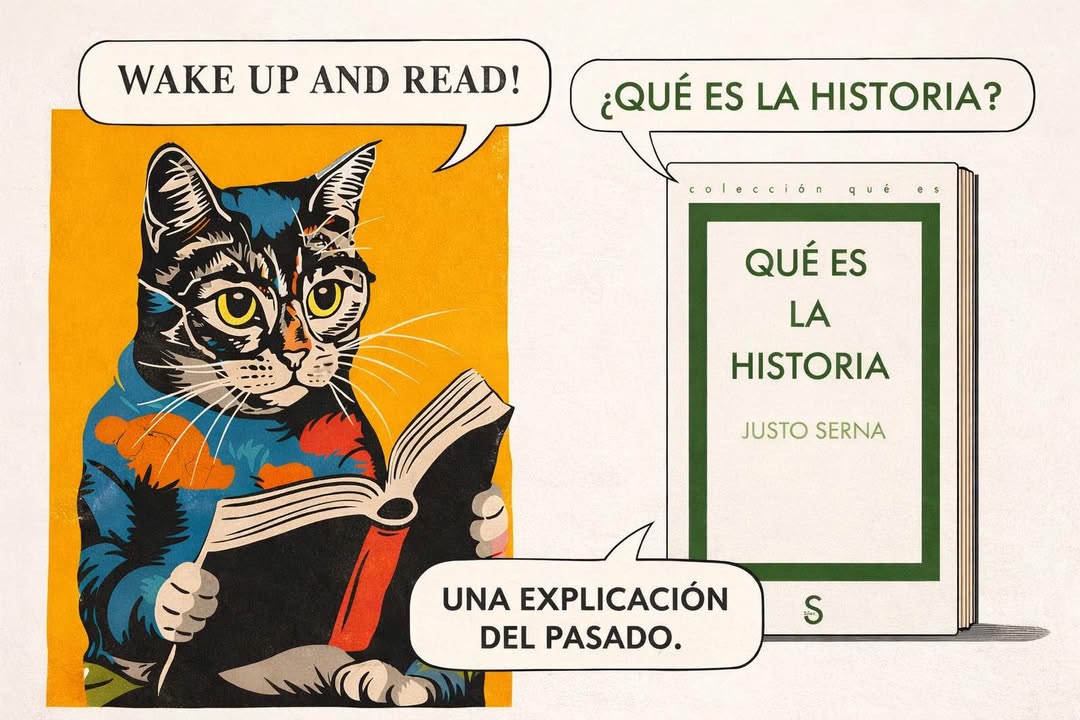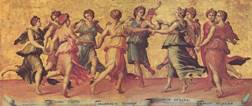El pragmatismoPragmatism: A New Name for Some Old Ways of ThinkingIn the preface to that admirable collection of essays of his called 'Heretics,' Mr. Chesterton writes these words: "There are some people--and I am one of them--who think that the most practical and important thing about a man is still his view of the universe. We think that for a landlady considering a lodger, it is important to know his income, but still more important to know his philosophy. We think that for a general about to fight an enemy, it is important to know the enemy's numbers, but still more important to know the enemy's philosophy. We think the question is not whether the theory of the cosmos affects matters, but whether, in the long run, anything else affects them."
Lecture I: The Present Dilemma in Philosophy
I think with Mr. Chesterton in this matter. I know that you, ladies and gentlemen, have a philosophy, each and all of you, and that the most interesting and important thing about you is the way in which it determines the perspective in your several worlds. You know the same of me. And yet I confess to a certain tremor at the audacity of the enterprise which I am about to begin. For the philosophy which is so important in each of us is not a technical matter; it is our more or less dumb sense of what life honestly and deeply means. It is only partly got from books; it is our individual way of just seeing and feeling the total push and pressure of the cosmos. I have no right to assume that many of you are students of the cosmos in the class-room sense, yet here I stand desirous of interesting you in a philosophy which to no small extent has to be technically treated. I wish to fill you with sympathy with a contemporaneous tendency in which I profoundly believe, and yet I have to talk like a professor to you who are not students.El pragmatismoEn el prefacio a esa admirable colección de ensayos titulada Heretics, Chesterton escribe estas palabras: Hay personas, y yo soy una de ellas, que piensan que la cosa mas práctica e importante en el hombre es su punto de vista acerca del universo. Creemos que, si a una patrona, antes de admitir un huésped, le es importante conocer el sueldo que éste gana, aún es más importante para ella conocer la filosofía que él tenga. Creemos también que si un general en campaña debe conocer el número de tropas del enemigo, aun es más importante para él saber cuál es ]a filosofía del enemigo. Pensamos que la cuestión no es si la teoría del cosmos afecta a los asuntos, sino si, a la larga, cualquier otra cosa los puede afectar.
Nombre nuevo de antiguos modos de pensar
Primera conferencia
El dilema actual en la filosofía
Estoy de acuerdo con Chesterton en esta materia. Sé que todos y cada uno de mis oyentes tienen una filosofía y que la cosa más importante e interesante en ustedes es el modo con que determinan la perspectiva de sus diversos mundos. Ustedes piensan lo mismo sobre mí. Y, sin embargo, confieso que siento cierto temor ante la audaz empresa que voy a acometer. Pues la filosofía, que es tan importante en cada uno de nosotros, no es un asunto técnico. Es un sentimiento más o menos silencioso de lo que la vida significa, honrada y profundamente sentida. Sólo en parte procede de los libros; es el modo individual de ver y sentir el empuje y la presión total del cosmos. No tengo por qué suponer que haya entre ustedes, estudiantes del cosmos en el sentido escolar de la palabra; empero, estoy deseoso de interesarles en una filosofla que hasta cierto punto ha de ser tratada técnicamente. Deseo inspirarles simpatía hacia una tendencia contemporánea en la que yo creo profundamente, y no obstante, tendré que hablar como profesor a ustedes que no son alumnos.
William James





















































































































No hay comentarios:
Publicar un comentario